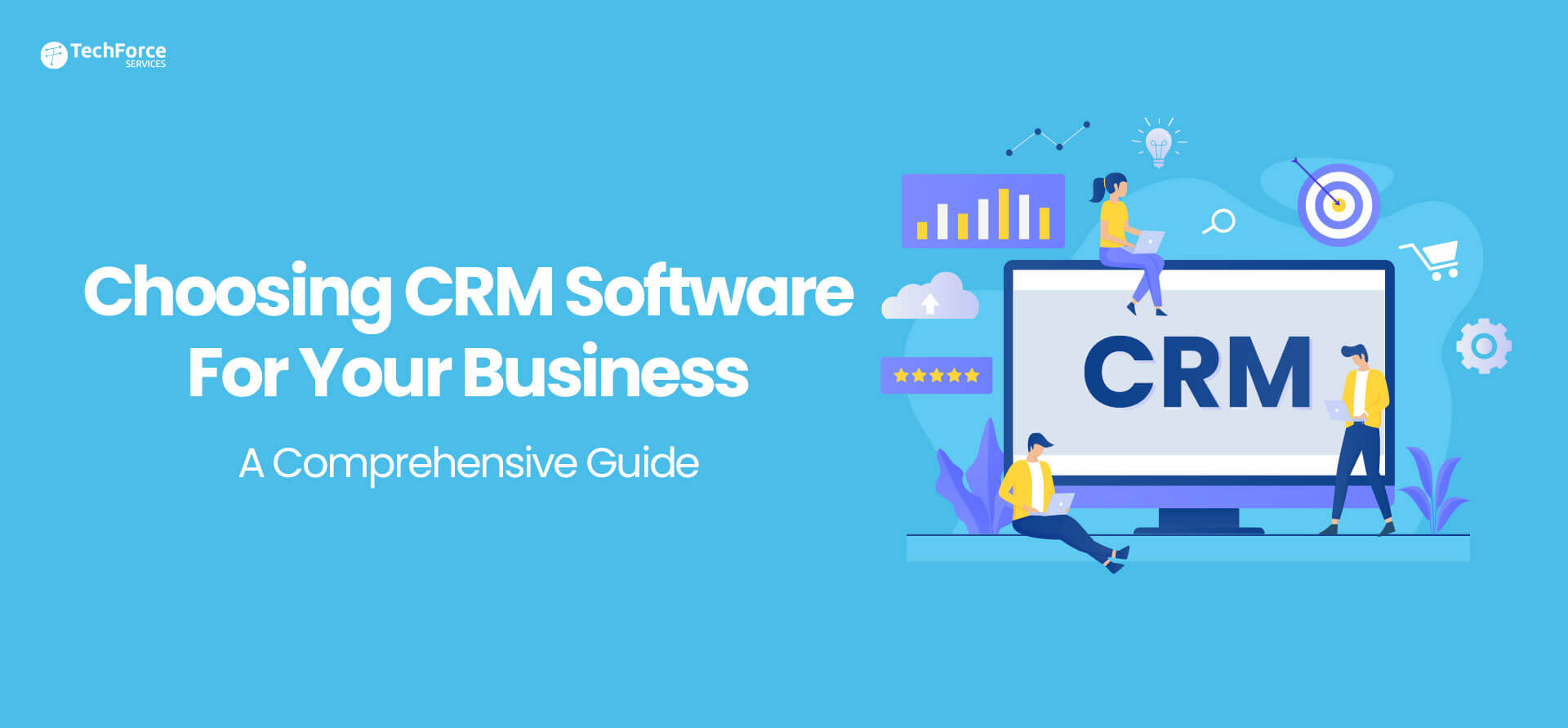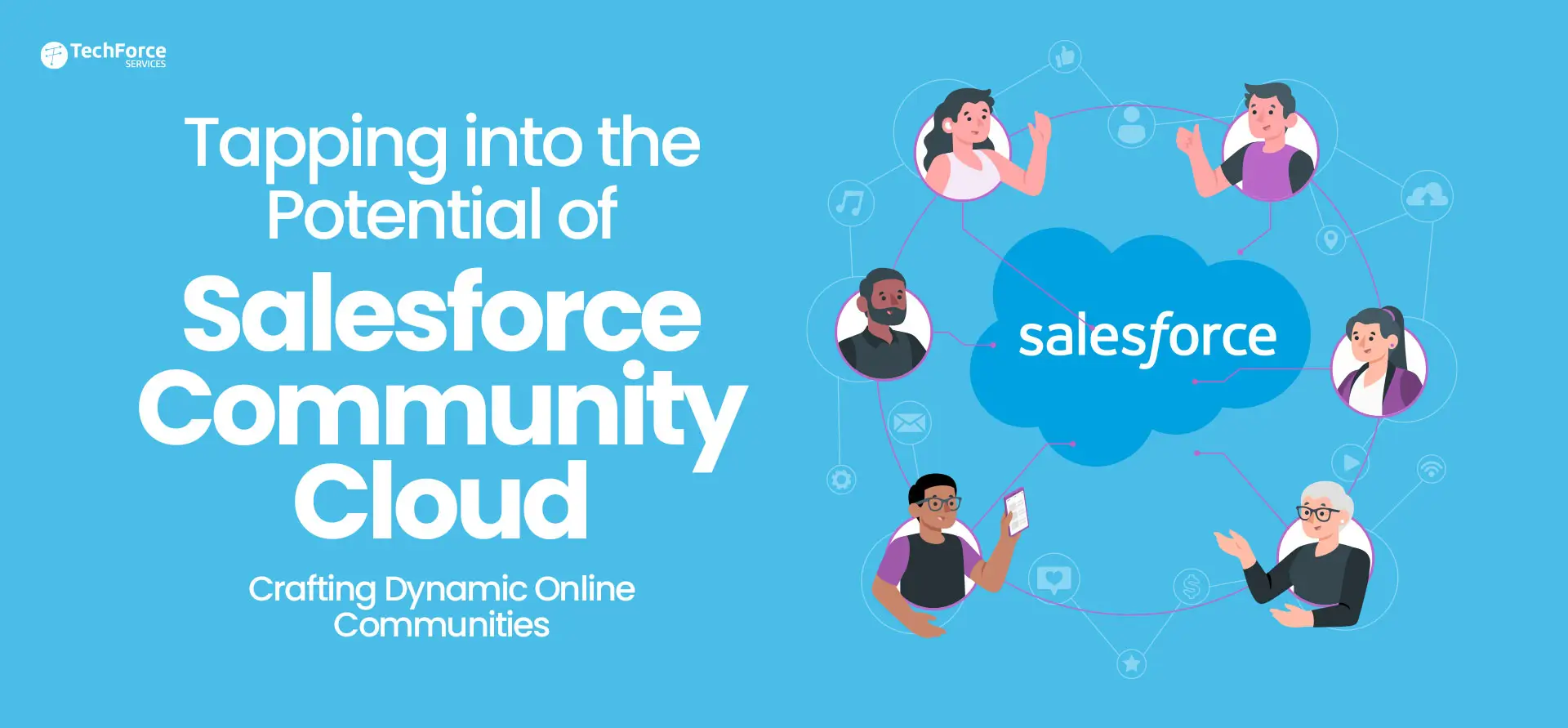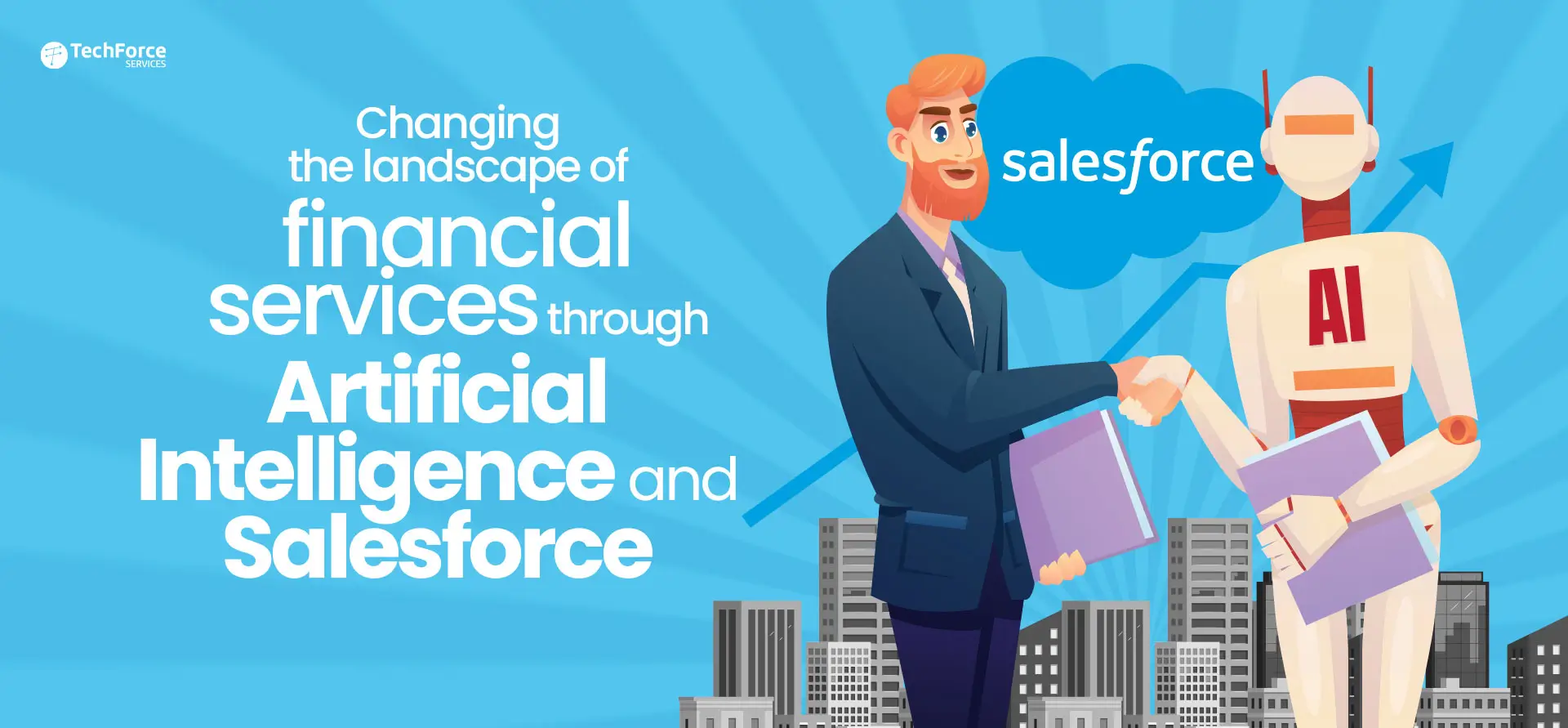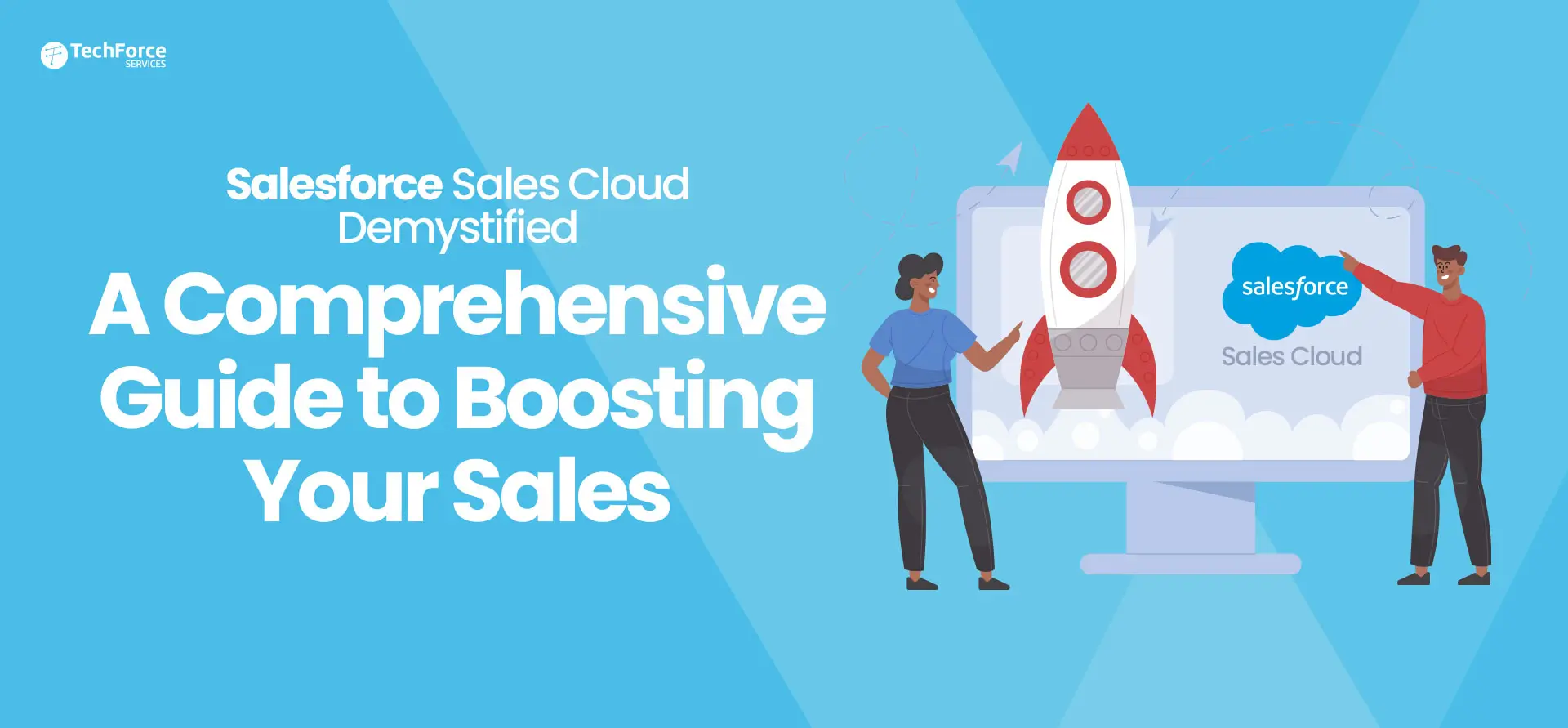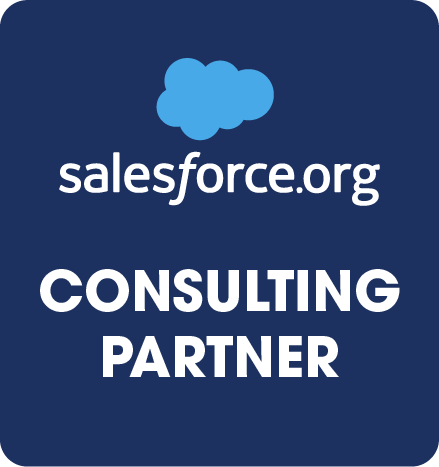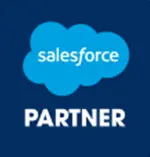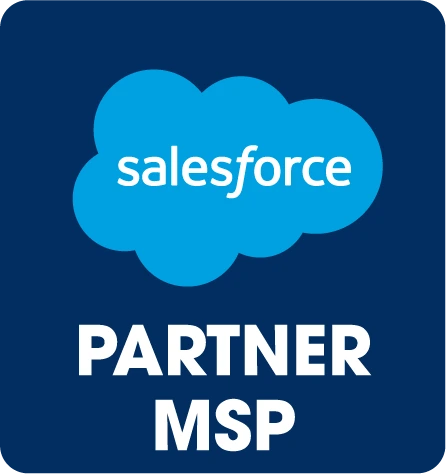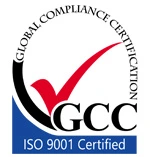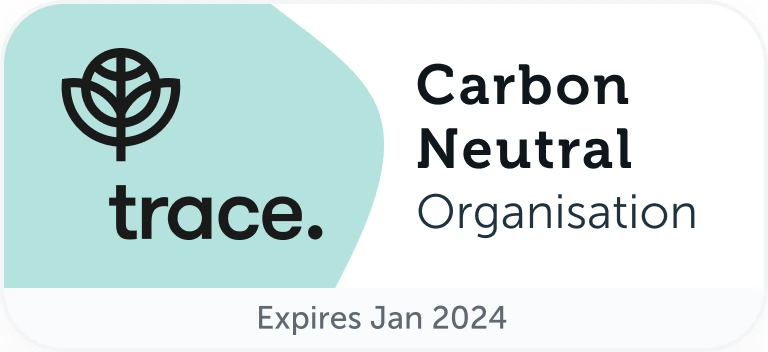In today’s digitally driven market, effective management of customer relationships lies at the heart of business success. Embracing Customer Relationship Management (CRM) software has become imperative, revolutionizing how businesses interact with customers and manage their operations. This comprehensive guide aims to delve deeply into CRM software, emphasizing its significance, target users, functionalities, and specifically spotlighting Salesforce CRM services.
What is CRM?
Customer Relationship Management (CRM) is like a tech-savvy sidekick that helps your company handle all the connections and conversations with both current and potential customers. Its main aim? To level up those business relationships. A CRM system acts as a virtual hub, keeping your company in sync with customers, smoothing out operations, and giving your profitability a boost.
Think of CRM as a super-tool, the one-stop-shop for contact management, sales organization, productivity boosts, and more.
This software zooms in on the relationships your organization builds with individuals—be it customers, collaborators, or suppliers—spanning the entire journey together. From getting to know new customers, winning them over, to supporting and providing extra services along the way, CRM has your back.
By using a CRM solution, your sales and marketing squad can shadow a customer’s every move within your business. This not only fine-tunes every interaction but also amps up the customer journey, refining each step of their experience.
Why is CRM Software Important?
Enhanced Customer Relationships: CRM software serves as a central repository for customer data, facilitating a deeper understanding of customer preferences, behaviors, and needs. This leads to personalized interactions and stronger relationships.
Streamlined Communication: It helps in organizing and managing interactions across various communication channels like email, phone calls, social media, etc. This ensures no important leads or customer inquiries slip through the cracks.
Improved Customer Service: By having access to a comprehensive customer history, businesses can provide more efficient and tailored support. CRM systems enable quick issue resolution, boosting customer satisfaction.
Sales and Marketing Alignment: CRM tools enable the alignment of sales and marketing efforts by tracking leads, analyzing customer interactions, and providing insights into effective marketing strategies. This alignment results in better-targeted campaigns and increased conversions.
Data-Driven Decision Making: With detailed analytics and reporting features, CRM software empowers businesses to make informed decisions. It provides insights into customer behavior, market trends, and sales performance, aiding in strategic planning.
Efficient Task Management: It helps in organizing tasks, setting reminders, and automating routine processes. This boosts productivity and ensures that critical tasks are completed on time.
Scalability and Growth: As a business expands, CRM systems scale accordingly. They accommodate increased data, users, and functionalities, supporting the growth trajectory of a company.
Who Should Use a CRM?
Sales Teams: CRM software significantly benefits sales teams by managing leads, tracking sales activities, and providing insights to prioritize prospects. It streamlines the sales process, leading to better conversion rates.
Marketing Teams: For marketers, CRM platforms assist in creating targeted campaigns by analyzing customer data. It helps in segmenting the audience, tracking campaign performance, and measuring ROI.
Customer Service and Support: CRM systems are crucial for support teams as they centralize customer information, allowing for quick issue resolution and personalized assistance.
Business Development Professionals: Those responsible for business growth and partnerships leverage CRM to manage relationships with potential clients, track communications, and nurture leads effectively.
Management and Executives: Leaders and decision-makers benefit from CRM insights for strategic planning, resource allocation, and evaluating the overall performance of the business.
E-commerce and Retail: Companies in the e-commerce and retail sector utilize CRM systems to manage customer orders, preferences, and personalized shopping experiences.
Small Business Owners: Even smaller businesses benefit from CRM as it helps in organizing customer information, automating tasks, and fostering customer loyalty.
What Does a CRM System Do for Your Business?
A CRM system is like your personal organizer but on a digital level—it’s the powerhouse behind how companies handle their relationships with customers. Think of it as a supercharged address book, calendar, and detective, all rolled into one.
First things first, it gathers all the details about your customers—their preferences, purchase history, interactions with your company—basically, anything you’ve ever known or done with them. Imagine you’re a shoe company. The CRM remembers that Sarah bought those red sneakers last month and that she’s been eyeing those blue ones now. It’s super handy because it means you can suggest the perfect match for her the next time she visits your site.
Then, it’s a ninja to keep everyone on the same page. Let’s say Sarah talks to your customer service team today about a sizing issue. With a CRM, the sales team knows about this hiccup, and when they follow up tomorrow to check on her, they’re already in the loop. No more awkward moments of repeating her story—it’s all right there, making things smoother for everyone.
Remember those newsletters you get that seem tailor-made for you? Yup, that’s the CRM magic at work. It helps companies personalize their messages, recommending products or offers based on what you’ve bought or liked before. Ever noticed how Amazon recommends products just for you? That’s their CRM system doing the heavy lifting.
But it’s not just about remembering stuff; it’s also a smart planner. It sets reminders for your team to follow up with customers, sends automated birthday greetings, and even helps in figuring out which customers might be interested in a new product launch.
In a nutshell, a CRM system is like having a loyal assistant who remembers everything about your customers, ensures everyone in your company is up to speed, and helps you make each customer feel like they’re getting a personalized experience.
Types of CRM technology
Different types of CRM technology exist, and among the leading providers, Salesforce stands tall alongside Microsoft, Oracle, and SAP. These top-tier systems are often preferred by larger corporations, while smaller to midsize businesses tend to favor other service providers. Here’s a breakdown of the CRM technologies available:
Cloud-based CRM
CRM powered by cloud computing, also known as Software as a Service (SaaS) or on-demand CRM, stores data on an external network accessible to employees wherever there’s an internet connection. Quick deployment through the cloud appeals to companies lacking extensive technical resources. However, data security remains a concern as the company doesn’t directly manage its storage. There could be compatibility issues during data migration, and potential risks arise if the cloud provider faces business changes.
A cloud-based CRM platform provides you with:
- Swift deployment
- Automatic software updates
- Cost efficiency and scalability
- Flexibility to work from any location, on any device
- Enhanced collaboration opportunities
Salesforce, HubSpot, Zendesk, and Zoho are among the popular cloud-based CRM providers. Despite being cost-effective with subscription-based pricing, long-term expenses might accumulate compared to on-premises models.
Open source CRM
Open source CRM systems provide accessible source code for alterations at no additional cost. They enable customizations, including data links on social media channels, beneficial for improving social CRM practices.
Bitrix24, OroCRM, SugarCRM, and SuiteCRM stand out in offering alternatives to proprietary platforms like Salesforce and Microsoft. The choice of CRM deployment method hinges on a company’s requirements, resources, and objectives, considering the diverse associated costs.
On-premises CRM
Here, the company takes charge of administering, securing, and maintaining the CRM software on its servers. It involves upfront license purchases and handling upgrades internally. On-premises CRM suits organizations with intricate CRM needs and requires substantial installation time for complete data integration.
Providers like Salesforce and Aptean offer on-premises versions, extending their services beyond cloud-based solutions.
Comparison Between Top CRM Platforms
| Aspect | Salesforce | Microsoft Dynamics 365 | SAP 4HANA | Oracle |
| Features | Extensive customization, robust analytics & reporting tools, AI-powered functionality | Unified platform, AI-driven insights & integrations | In-memory computing, real-time analytics & predictive analytics | Comprehensive suite, extensive modules & integration capabilities |
| Business Pros | Vast ecosystem, scalability & customization | Seamless integration with Office 365 | Real-time data processing, scalability & flexibility | Modular structure, strong integration & scalability |
| Business Cons | Higher pricing, complex setup | Costly add-ons, potential for complexity | Implementation complexity, resource needs | Licensing complexities, resource-heavy |
| Technical Pros | User-friendly interface, scalability | AI-driven insights, Office 365 integration | In-memory processing, real-time analytics & predictive capabilities | Robust integration capabilities, modules for various functions |
| Technical Cons | Learning curve, high customization | Integration challenges, potential issues | Complex architecture, expertise required | Complexity in setup, resource-intensive |
| Business Pricing | Starts at $25/user/month, higher tiers | Starts at $20/user/month, additional costs | Variable pricing, based on modules | Customized pricing, module-based |
| Technical Pricing | Additional costs for advanced features | Add-on costs, potential hidden expenses | Variable costs, add-ons for functionalities | Module-based pricing, may add up |

